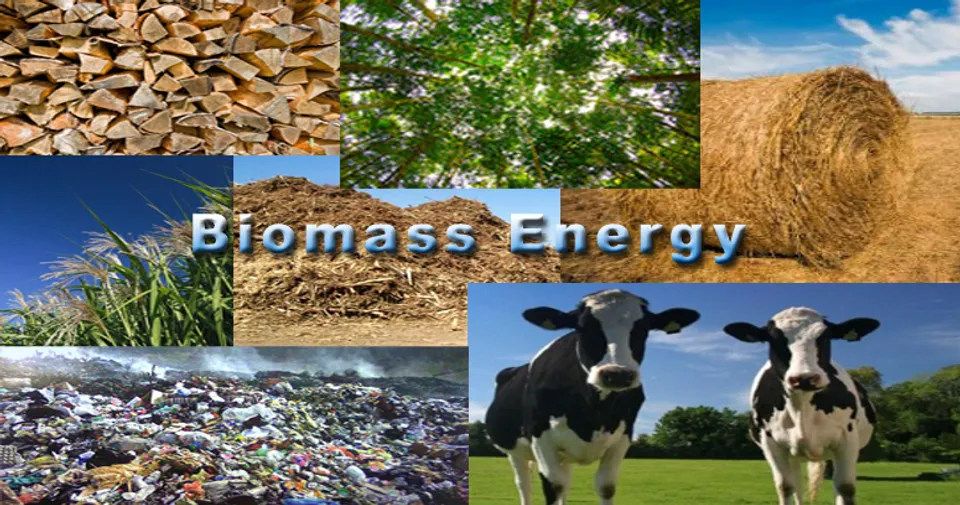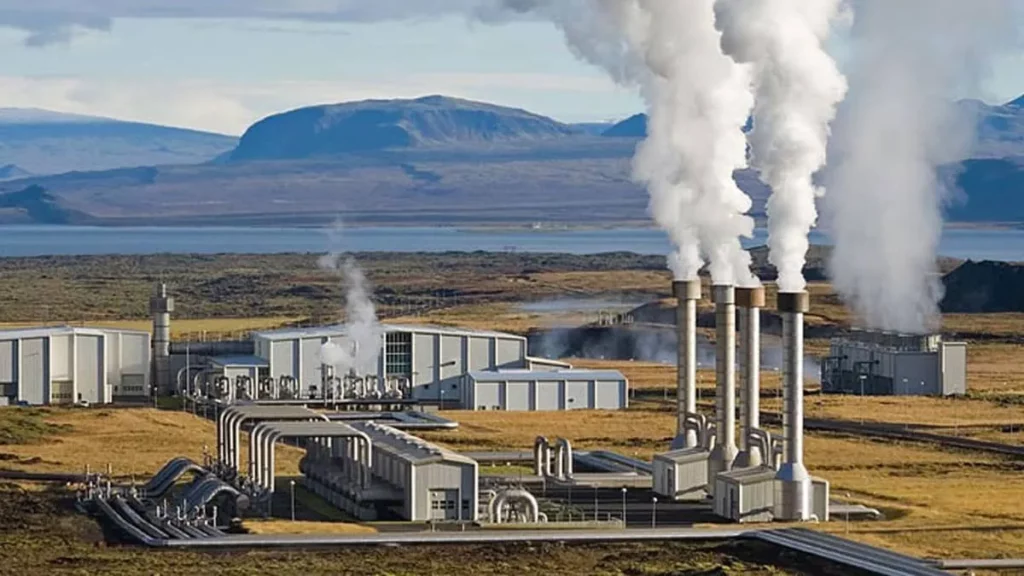Renewable Energy Solutions for Africa

Africa, a continent known for its natural beauty and rich resources, is facing a significant challenge – ensuring access to sustainable and reliable energy sources. In recent years, there has been a growing focus on renewable energy solutions as a way to address both the energy needs and environmental concerns of the African continent. We will explore the various renewable energy solutions that hold the promise of a brighter, cleaner, and more sustainable future for Africa.
Harnessing the Power of the Sun

Solar energy is one of the most abundant and accessible sources of renewable energy in Africa. With the continent’s ample sunshine, solar panels are being installed on rooftops, in rural areas, and even in large-scale solar farms. These panels capture the sun’s energy and convert it into electricity. The affordability and scalability of solar energy make it a game-changer for Africa.
The Winds of Change

Wind power is another renewable energy source with tremendous potential in Africa. Wind turbines, often situated in windy coastal areas and elevated locations, generate electricity as they harness the power of the wind. This clean and sustainable energy source is increasingly being incorporated into Africa’s energy mix.
The Flowing Energy of Water

Hydropower has been utilized in Africa for decades, but there is still room for growth. Dams and turbines convert the kinetic energy of flowing water into electricity, providing energy to communities and industries. Sustainable hydropower projects are being developed to minimize environmental impact.
The Promise of Biomass

Biomass energy is derived from organic materials such as crop residues, wood, and agricultural waste. It can be used to produce biofuels and electricity, reducing waste and contributing to a lower carbon footprint. Biomass energy offers an opportunity to address energy needs and waste management simultaneously.
Unleashing Geothermal Energy

Geothermal energy taps into the Earth’s internal heat, providing a steady and reliable source of power. Regions with volcanic activity or geothermal reservoirs are ideal for this renewable energy source. Geothermal energy has the potential to provide consistent power day and night.
Exploring Marine Energy
The vast coastlines of Africa offer opportunities for marine energy generation. This emerging technology harnesses the kinetic and thermal energy of the ocean to produce electricity. While still in the early stages of development, marine energy holds great promise for Africa’s energy future.
The Power of Mini-Grids
In many remote areas of Africa, connecting to a central power grid can be challenging. Mini-grids, which are small-scale, localized electricity grids often powered by renewable sources, play a vital role in ensuring that even the most distant communities have access to electricity. Mini-grids empower local communities and contribute to their development.
Storage Solutions for a Steady Supply
Energy storage is a critical component of a reliable energy system. Advanced batteries are used to store excess energy generated during peak production hours and release it when needed. These storage solutions ensure a continuous and stable power supply.
Infrastructure Development for a Sustainable Future
Investment in renewable energy infrastructure is essential for Africa’s energy transformation. This includes the construction of power plants, transmission lines, and distribution networks. By connecting remote areas to the grid, infrastructure development expands access to renewable energy solutions.
The Economic Impact
The adoption of renewable energy solutions in Africa has far-reaching economic implications. These solutions not only reduce the carbon footprint but also stimulate economic growth. They create job opportunities, attract investments, and provide affordable and sustainable energy options for communities and industries.
Government Initiatives and Policies
Governments across Africa are taking proactive steps to promote and facilitate the adoption of renewable energy solutions. They offer incentives, subsidies, and favorable policies that encourage investment in sustainable energy sources. These measures are vital in driving the transition to renewable energy.
Public Awareness and Education
Educating the public about the benefits of renewable energy is crucial. Awareness campaigns and community engagement are fostering a culture of sustainability. As people become more informed about the positive impact of renewable energy, they are more likely to support and embrace these solutions.
International Collaborations
Africa is collaborating with international organizations and partners to access funding, technology, and expertise in the renewable energy sector. These collaborations are instrumental in bringing renewable energy projects to fruition.
Challenges and Opportunities
While the future is promising, challenges remain. Initial setup costs, intermittency issues with certain renewable sources, and the need for ongoing maintenance and infrastructure development are among the challenges. However, these challenges also represent opportunities for innovation, investment, and growth in the renewable energy sector.
FAQs
What are the main types of renewable energy sources in Africa?
Africa primarily relies on solar, wind, hydropower, biomass, and geothermal energy sources.
How can rural areas benefit from renewable energy solutions?
Mini-grids, powered by renewable sources, ensure that even remote areas have access to electricity.
Are renewable energy solutions economically viable for Africa?
Yes, they create jobs, attract investments, and provide affordable energy options, contributing to economic growth.
What is the role of government in promoting renewable energy in Africa?
Governments are offering incentives, subsidies, and favorable policies to drive the adoption of sustainable energy sources.
Are there international collaborations in the renewable energy sector in Africa?
Yes, Africa collaborates with international organizations and partners to access funding, technology, and expertise.
What are the key challenges facing renewable energy adoption in Africa?
Challenges include high initial setup costs, intermittency issues, and the need for ongoing maintenance and infrastructure development.
Conclusion
Africa is on a path toward a brighter, cleaner, and more sustainable future, with renewable energy solutions leading the way. Abundant natural resources, government support, international collaborations, and a growing awareness of the benefits of renewable energy are driving this transformation. By adopting these solutions, Africa is not only mitigating the effects of climate change but also empowering communities and industries. It’s a bright future powered by the sun, wind, and the collective ingenuity of the continent.




